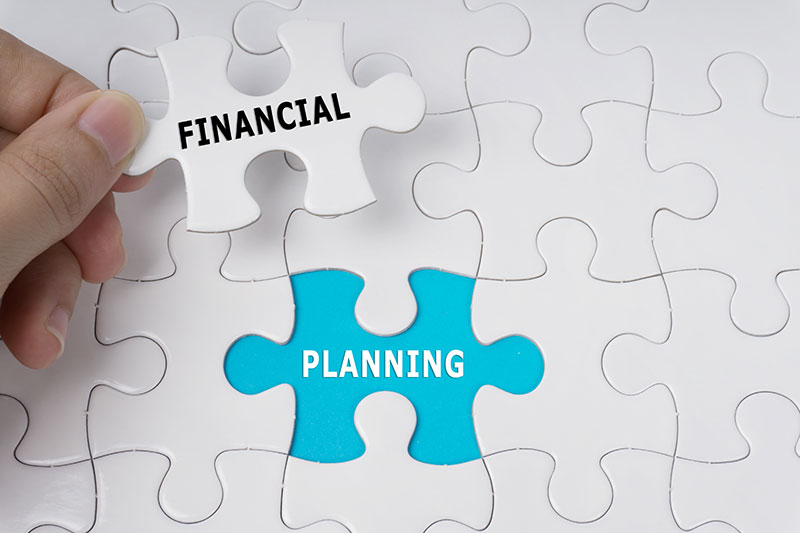
When I mention that I am a Financial Planner to someone who doesn’t know me I sometimes get strange looks as if I am either someone from other space. Maybe it’s because the words “Financial Planner” have become confused in most people’s lexicon with terms such as “Financial Adviser” or “Financial Consultant”. It is worth explaining what Financial Planners do in order to clear up this confusion.
The truth is that there is a world of difference between what financial planners do as a firm and what most people perceive as personal financial advice. Good financial advice revolves around the individual and their current circumstances, future goals and aspirations. The core of any good financial plan, irrespective of circumstances revolves around the following principles: Focus on spending less that you earn and invest the rest. Doing anything else results in a downward spiral of eventual debt that will hamstring you for a long time to come, if not for ever.
1. If you have to deal with a lot of debt due to past mistakes, then make the minimum payments on all of your debts. For the debt that you incur the highest interest rate, then make the biggest payment you can afford so that you can make inroads into clearing it quicker. This is quite important in dealing with credit cards!
2. You can’t undo the financial sins of the past (if you have made any) so try and avoid them going forward by minimising debt and saving for the future. Don’t borrow through a term loan or a credit card just to placate a whim for nice things.
3. The best way to making a personal financial recovery is to restrain any spending impulses and sticking to genuine essentials – don’t get distracted by misguided views of “I deserve this because …………”
4. Life is always going to throw you a curve ball, so keep at least three months expenditure cover to hand to cover these emergencies. Ideally you should have a year’s expenses to hand as you never know what might come up that might stop you earning other monies to fill the gap.
5. Be completely open with your life partner about every single cent that comes in and every single cent that you spend. Too many relationships become fraught because of a fear of personal derision for not providing the necessary funds for the family unit. A problem shared is a problem halved.
6. Look for value in your purchases and not just the instant gratification of buying something. That way you will most likely reduce future expenditure needs.
7. If your employer offers you a contribution to a pension plan, take as much of it as you can get. It’s the most tax efficient long term savings you can get and is even better when someone else is contributing to it.
8. When you’re deciding how to invest, remember that past performance does not indicate future returns and focus instead on the fees and expenses. Put simply, the more costs that an investment fund incurs the less it can grow by.
9. Diversify investments – this really matters. Just ask all those who decided that property was the only thing worth investing in Ireland or holding a second home or investment abroad.
10. If you have dependents who rely on you, it’s quite likely that you should have life insurance. For the most part, ignore any salesperson who tries to sell you anything other than a term policy for a fixed term. Make sure that you also have an option built into the policy to convert to another one on its expiry date without the need for medical evidence.
11. Don’t skimp on your health insurance. Sure, you can save money by not spending it on health insurance premium but you are also gambling with the welfare of your family. Not having the most appropriate cover outweighs savings if medical care is not forthcoming in an emergency.
12. Make sure that you have a Will and an Enduring Power of Attorney in place. You may not be around or conscious enough to see the drastic consequences of not doing these properly but your family will when they can’t access your assets quickly enough in your absence.
What financial planners do is arrange all of these issues in an order that makes sense for the long run.
Find Out How We Can Help You
Improve your financial future by arranging a call back or online meeting.
Simply book yourself into an appointment at one of our available times.

